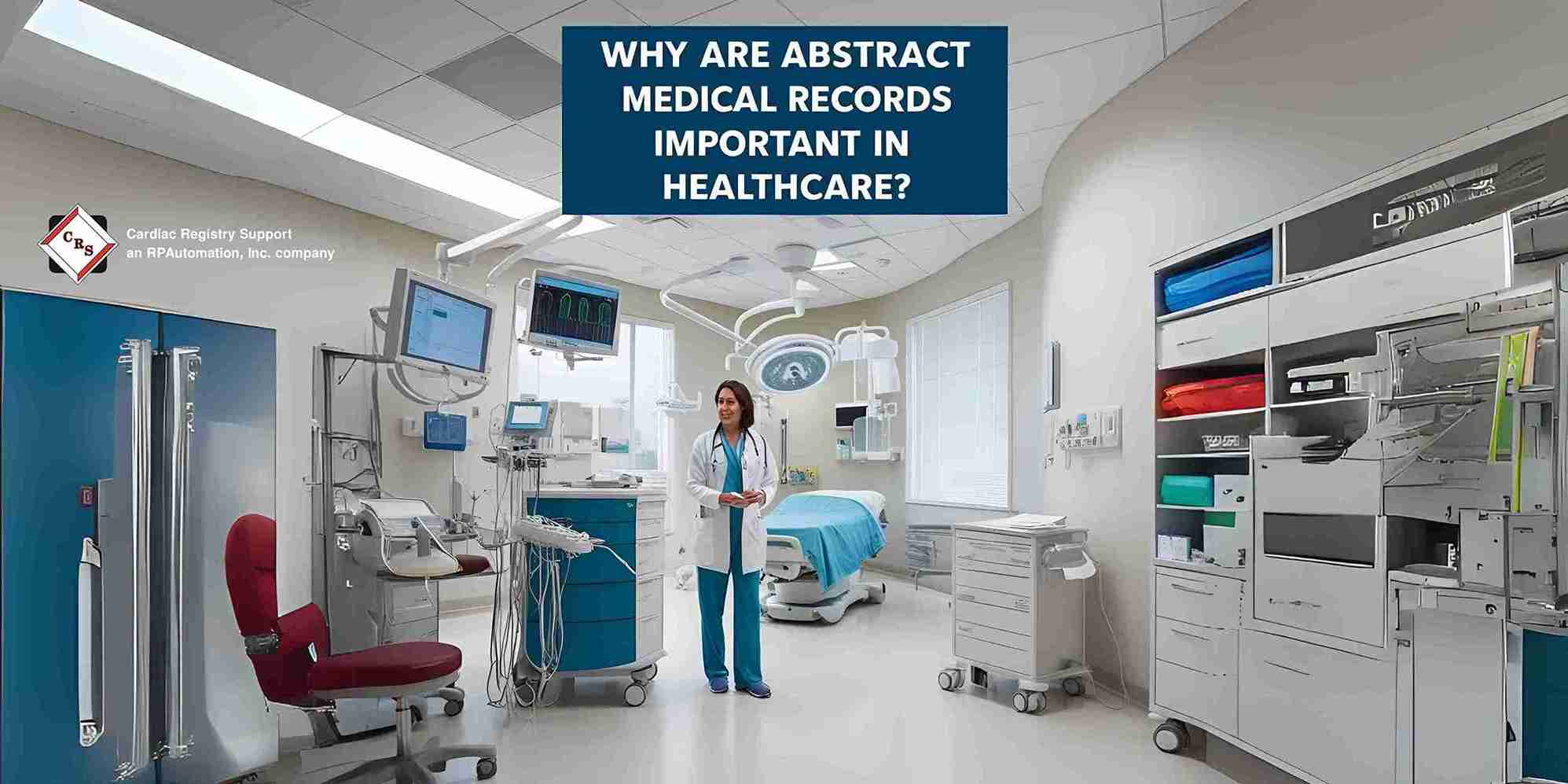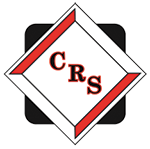Table of Contents
Have you ever wondered what happens to all the notes and reports doctors write down during your visits? How do hospitals and clinics keep track of your care over time? That’s where abstract medical records come in. In this blog, you’ll learn why these records matter, what they include, and how they improve healthcare. We’ll also explore what medical record abstraction is and how it helps doctors, nurses, and researchers make better decisions.
What does Abstracting Medical Records?
They are short summaries of a patient’s medical history. These include key points like diagnoses, surgeries, test results, and treatments. Instead of digging through hundreds of pages of detailed notes, healthcare workers can quickly understand your health by reading this summary.
These records save time and help providers give the proper care fast. They’re also helpful when switching doctors or going to a new hospital.
What Does Abstract Mean in Medical Terms?
In medical terms, ” abstracting” something means removing the most important details. It’s like highlighting the main points in a book. Abstracting helps focus only on the details that matter most for care or research.
What Is Clinical Data Abstraction?
What is clinical data abstraction? It’s the process of pulling important data from medical records and organising it into a readable format. This helps hospitals measure how well they are treating patients and meeting health goals.
Abstraction is done by trained professionals who know how to find the right information. They understand what to look for and how to summarise it clearly.
What Is Included in Abstract Medical Records?
Here are some things you’ll often find in abstract medical records:
- Patient’s name, age, and gender
- Diagnosis and reason for visit
- Test results like X-rays or blood tests
- Medications prescribed
- Treatments given
- Hospital stay details
- Discharge instructions
These details help health workers give the right care without reading long records.
What Do Abstractors Do?
What do abstractors do? They are trained professionals who know how to read and summarise patient records. Abstractors make sure the right information is taken out and put into a system. Their work must be careful and accurate.
Abstractors often work in:
- Hospitals
- Clinics
- Insurance companies
- Research teams
They help track trends, measure outcomes, and improve patient safety.
What Is a Clinical Data Abstractor?
A clinical data abstractor carefully reviews medical records and selects the most important data. They usually work with data that supports health reports or research.
They know how to:
- Read through detailed patient records
- Identify the most valuable data
- Enter the data into charts, reports, or systems
- Follow the rules and standards to keep records correct
How to Abstract Data from Medical Records
How to abstract data from medical records depends on what type of data you need. Here are some basic steps:
- Understand the purpose – Is it for research, treatment, or insurance?
- Choose your sources – Patient charts, test results, doctor’s notes
- Pick the key data – Focus on diagnoses, dates, and treatments
- Use clinical coding systems – For example, ICD-10 codes
- Record it clearly – Enter into a secure system or chart
This work must follow strict rules to keep patient info private and safe.
Why Is Medical Record Abstraction Important?
Let’s look at why medical record abstraction is so valuable in healthcare:
1. Improves Patient Care
By focusing on the most important facts, doctors can make quicker and better decisions, which means fewer mistakes and better outcomes.
2. Saves Time
Instead of reading a whole patient file, doctors and nurses can glance at a summary. This saves time and helps them act fast.
3. Helps in Research
Researchers use abstract medical records to study trends, check the success of treatments, or test new drugs.
4. Tracks Performance
Hospitals use this data to assess their performance. Are patients getting better? Are treatments working?
5. Supports Insurance and Billing
Insurance companies use abstraction to check claims and process payments faster.
Common Uses of Abstract Medical Records
- Quality checks in hospitals
- Health reports for government agencies
- Insurance claims and reviews
- Tracking patient progress over time
- Supporting public health data studies
Benefits of Accurate Medical Record Abstraction
- Reduces errors in care
- Increases trust between patient and provider
- Supports faster billing and insurance
- Helps public health officials plan better
- Keeps hospital systems organised
Quick Comparison Table
| Process | Description | Who Uses It |
| Medical Record Abstraction | Summarising patient info from full records | Hospitals, clinics |
| Clinical Data Abstraction | Organising health data for reports or research | Research teams, hospitals |
| Clinical Data Abstractor | A trained expert who does the abstraction work | Hospitals, insurance firms |
Final Thoughts
There is much value that can be gained from understanding the process of abstracting medical records, especially in how healthcare functions behind the scenes. Care is enhanced, or at least should be, when data is well managed. Medical record abstraction, and to a slightly different degree, clinical data abstraction enable for responsive actions from hospitals, enabling faster service delivery and facilitating researchers to efficiently develop new treatment options. This indicates how important the two forms of abstraction are to modern healthcare.
Health care providers: how can you enhance your service through clinical data abstraction? Patients: your records are kept and used, enhance your confidence in your care by knowing they help ensure you receive the best service possible.
Reach out to our expert team at Cardiac Registry Support if you wish to learn more or need assistance with data abstraction.
FAQs About Abstracting Medical Records
Abstracting medical records include key patient details like diagnosis, treatment, tests, and medications. It’s a summary of the complete medical history.
They review patient records and extract critical data for use in reports, research, and treatment decisions.
It helps improve patient care, speeds up insurance processes, and supports better decision-making in hospitals.
Both involve summarising records, but clinical data abstraction often focuses on data for research or compliance.
You can take courses in health information or medical coding and then get certified. Many jobs also offer on-the-job training. Courses and Training are done internally for staffing agencies like www.dataabstractoracademy.com


